Your kitchen sink is not a magical portal that makes waste disappear. What goes down that drain can cause serious problems for your plumbing and your wallet. Many common household items can clog pipes, damage disposal systems, or even pollute water supplies. Knowing what to keep out of your sink can save you from costly repairs and help protect the environment. Here’s a list of 24 items that should never take a trip down your kitchen drain.
Cooking Oil and Grease
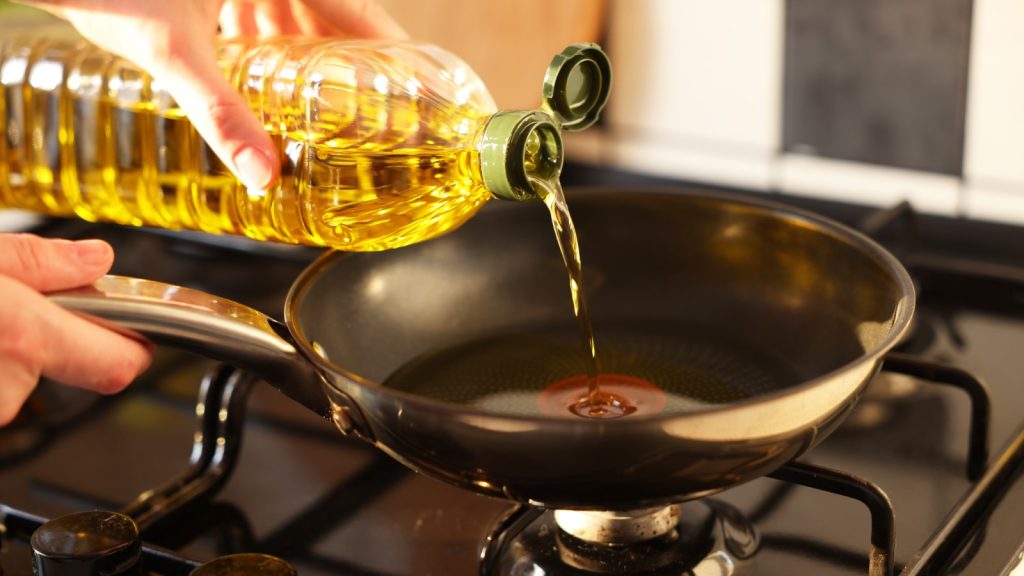
When hot grease cools, it solidifies and sticks to pipes. This can lead to nasty blockages that are difficult to remove. Instead of pouring oil down the sink, let it cool and dispose of it in the bin. For small amounts, wipe greasy pans with kitchen roll before washing. If you cook with oil frequently, consider keeping a designated “grease jar” in your fridge to collect cooled oils for easy disposal.
Coffee Grounds
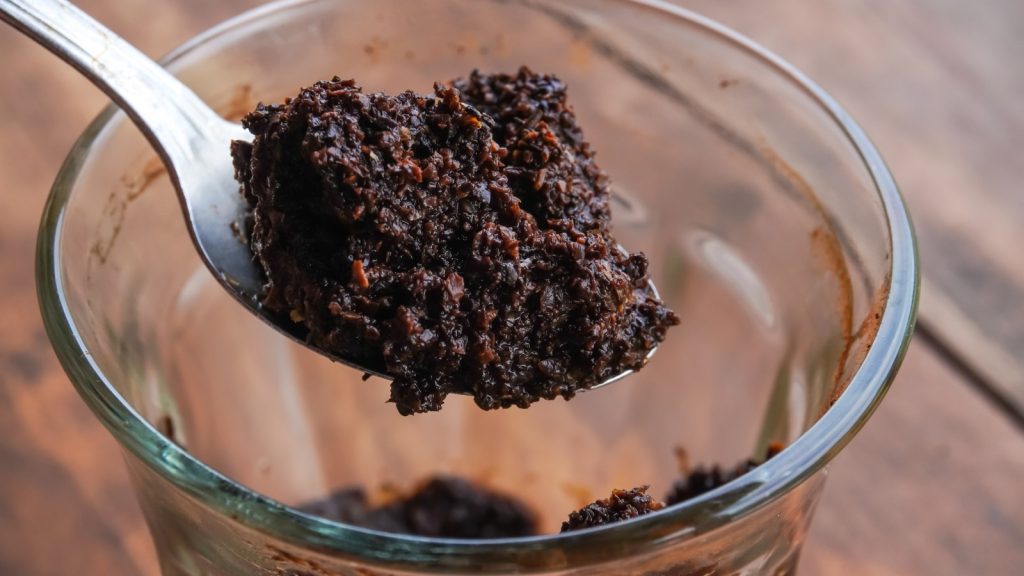
These might seem harmless, but coffee grounds don’t break down in water. They accumulate in pipes and can cause serious blockages. Used grounds make excellent compost or can be sprinkled around plants to deter slugs and snails.
Eggshells
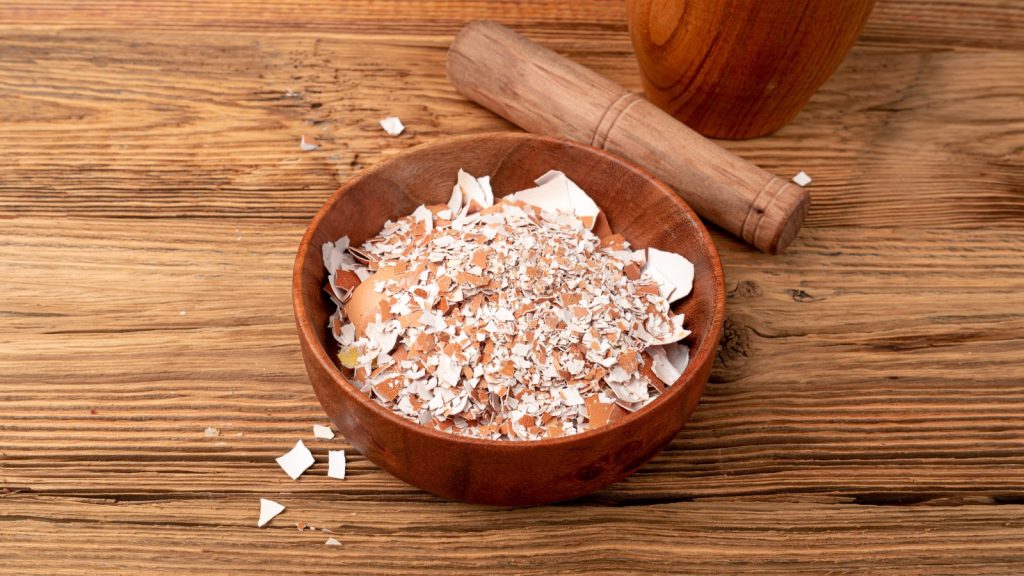
Contrary to popular belief, eggshells don’t sharpen disposal blades. They actually create granular waste that sticks to pipe walls and other debris. Compost eggshells or crush them to use as a calcium-rich fertiliser for your garden.
Flour
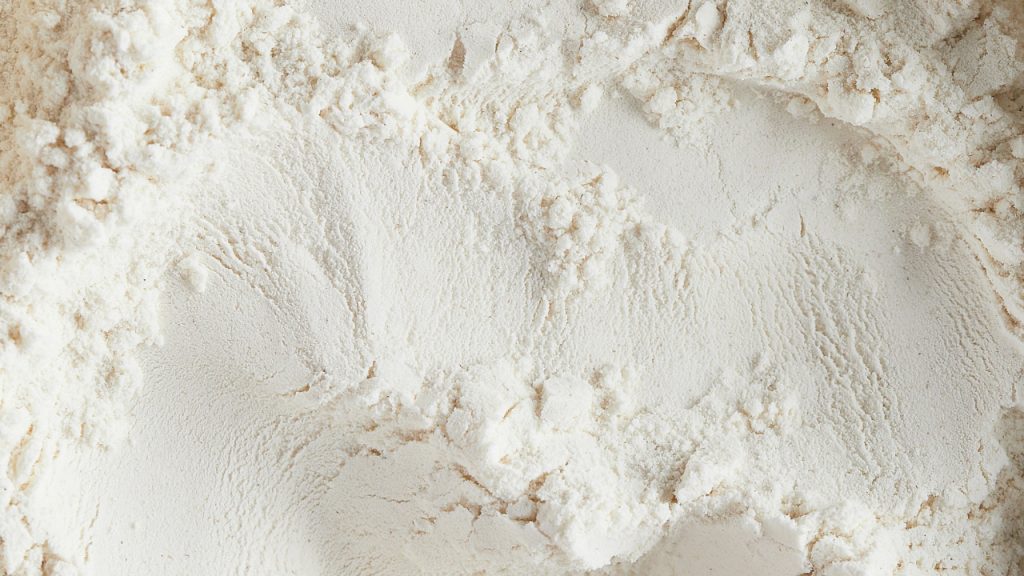
When mixed with water, flour forms a paste-like substance that can clog pipes. Dispose of excess flour in the bin or use it to make playdough for the kids. If you’ve spilled flour, sweep it up rather than washing it down the sink. For pest control, sprinkle a line of flour mixed with spices like cayenne pepper around entry points to deter ants and other crawling insects.
Medication
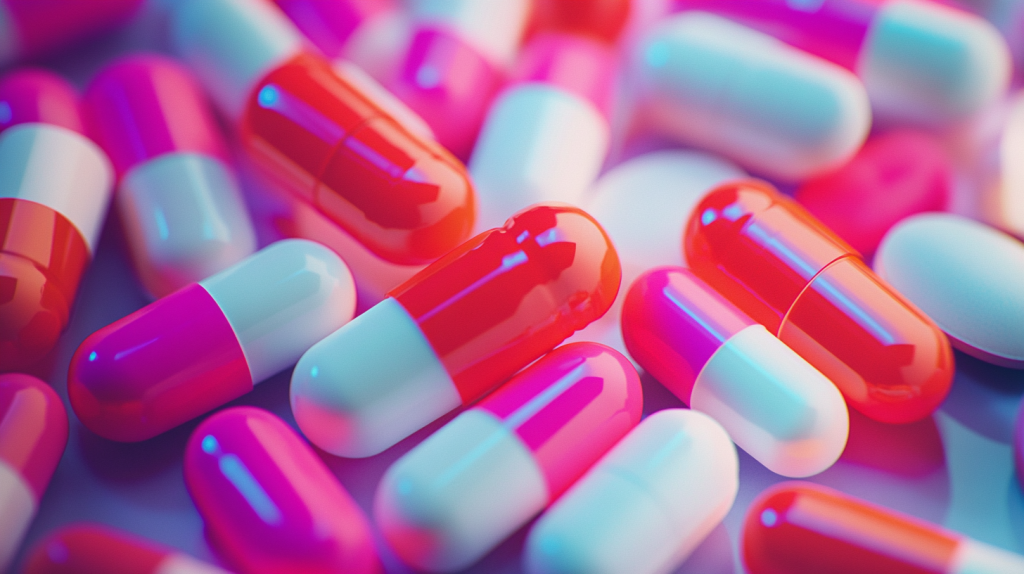
Flushing medicines down the sink can contaminate water supplies and harm wildlife. Many chemists offer safe disposal services for unused medications. Check with your local council for proper disposal methods in your area. Some areas also have designated “med-return” boxes at police stations or community centres for safe disposal.
Paint
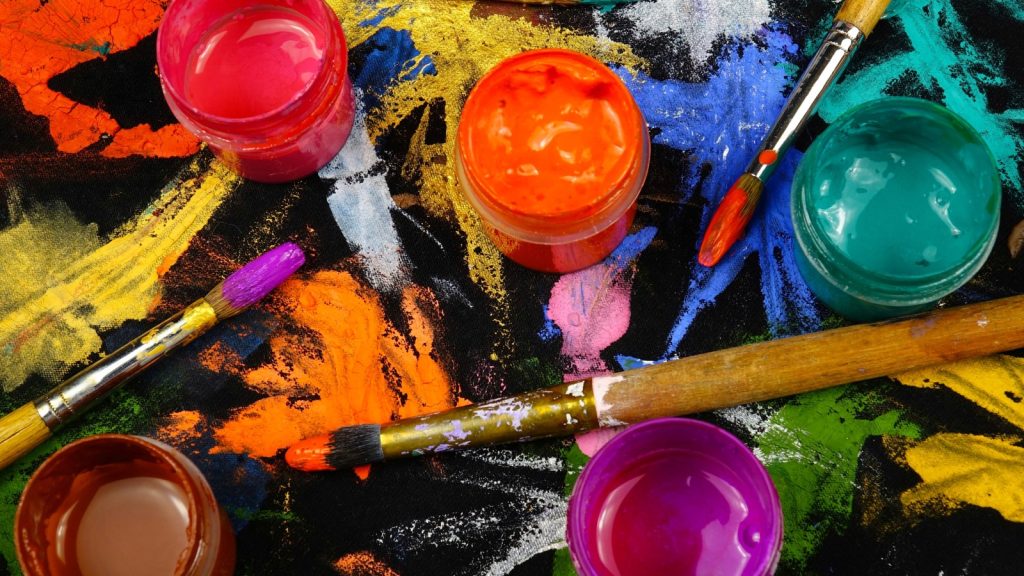
Both water-based and oil-based paints can clog your pipes and contaminate water sources. Allow leftover paint to dry out in the tin, then dispose of it at a recycling centre. For small amounts, mix with cat litter to solidify before binning. You can also donate usable leftover paint to schools, community centres, or theatre groups for their projects.
Produce Stickers
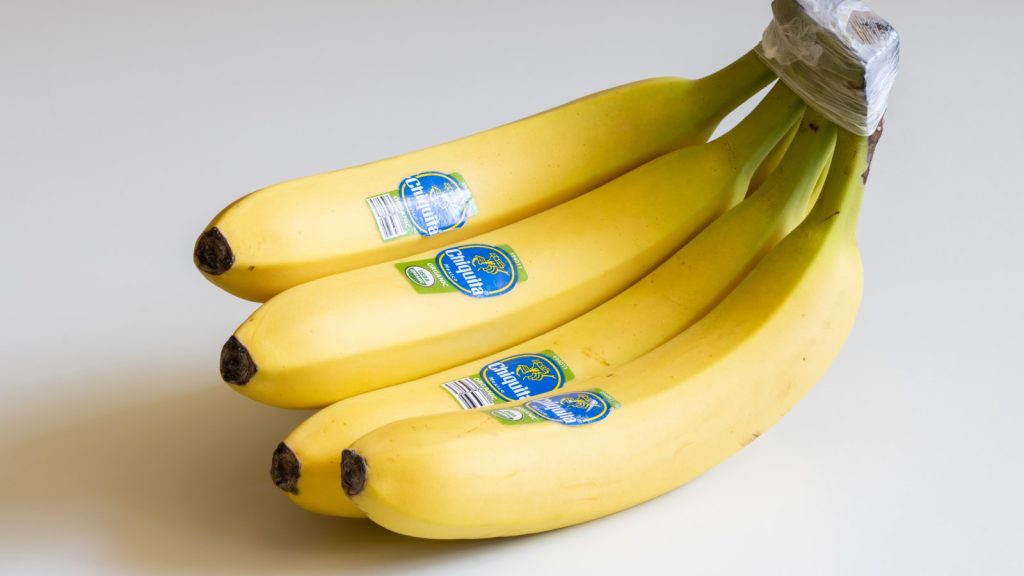
Those tiny stickers on fruits and vegetables might seem insignificant, but they don’t break down in water. They can stick to pipes and contribute to blockages. Always remove and bin these stickers before washing produce. These stickers are often made of plastic or vinyl, so they’re not compostable either.
Rice and Pasta
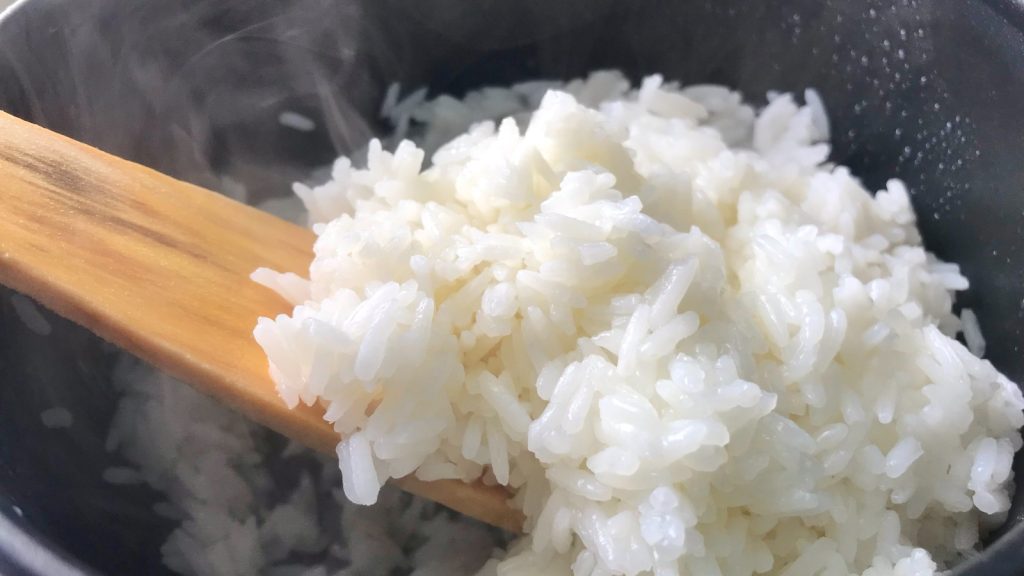
These starchy foods expand when soaked in water, potentially causing blockages. Even small amounts can create problems over time. Compost leftover rice and pasta or bin them if composting isn’t an option. If you frequently cook these items, consider using a fine mesh strainer over your sink drain to catch any escaped grains or pieces.
Cleaning Products
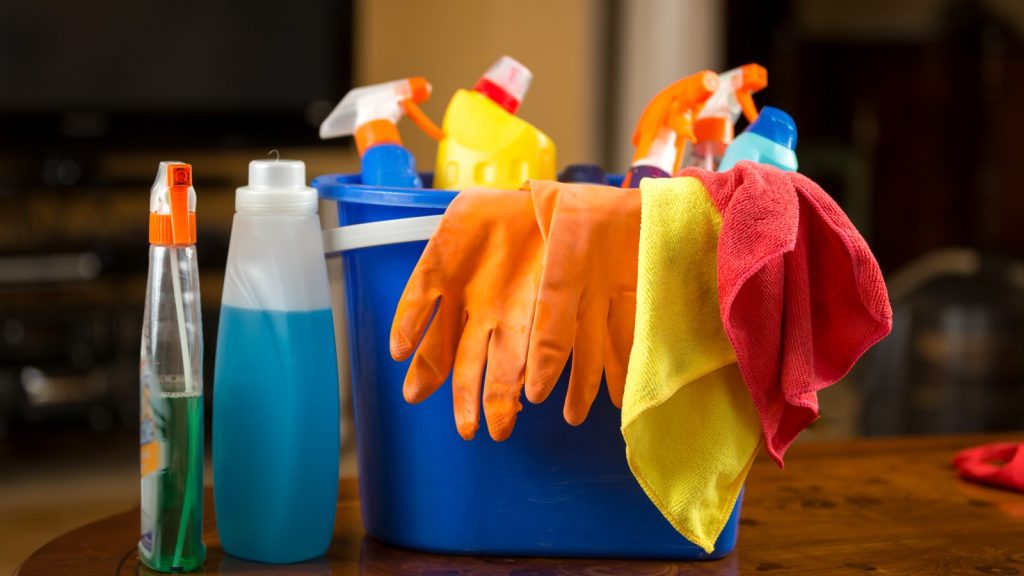
Harsh chemicals can corrode pipes and harm the environment. Use eco-friendly cleaning methods where possible, and dispose of any leftover products at designated collection points. Never mix cleaning products in your sink. Consider switching to natural cleaners like vinegar and baking soda, which are effective and safe for your pipes.
Dental Floss
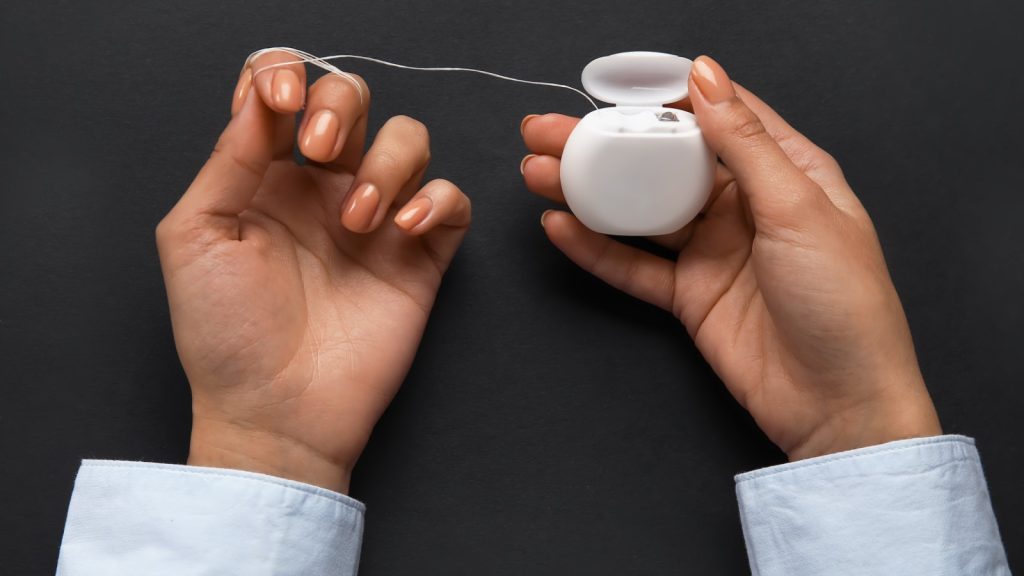
Floss is not biodegradable and can tangle around other debris in pipes, creating stubborn blockages. Always bin used dental floss, never flush it or wash it down the sink. If you’re looking for an eco-friendly alternative, consider using biodegradable floss made from materials like silk or bamboo.
Cotton Buds and Wipes
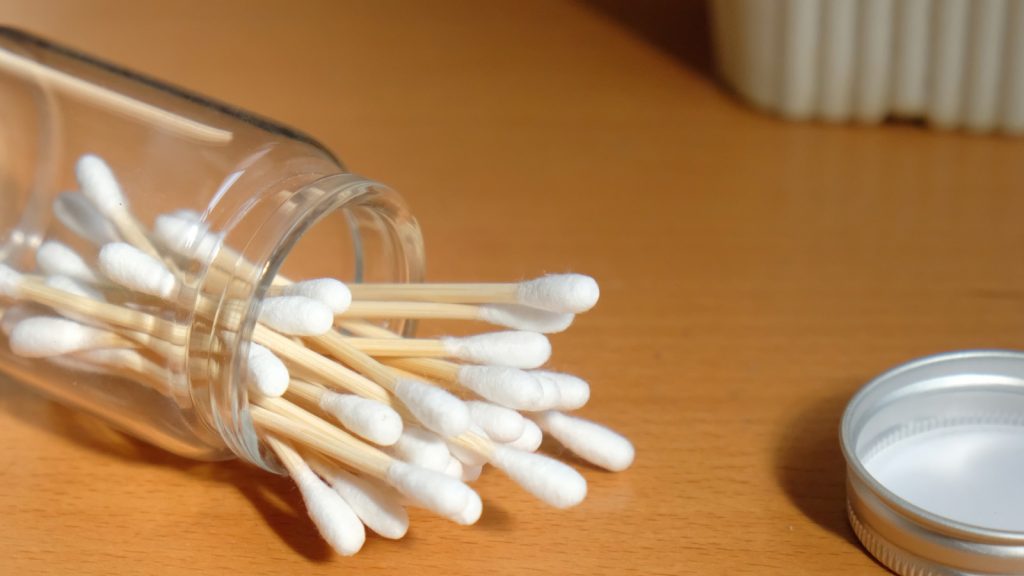
These items don’t break down and can cause severe blockages. Even “flushable” wipes often don’t disintegrate quickly enough. Always bin cotton buds and wipes, never put them down the sink or toilet. For a more environmentally friendly option, consider switching to reusable cloth wipes or biodegradable cotton buds with paper stemsterways.
Hair
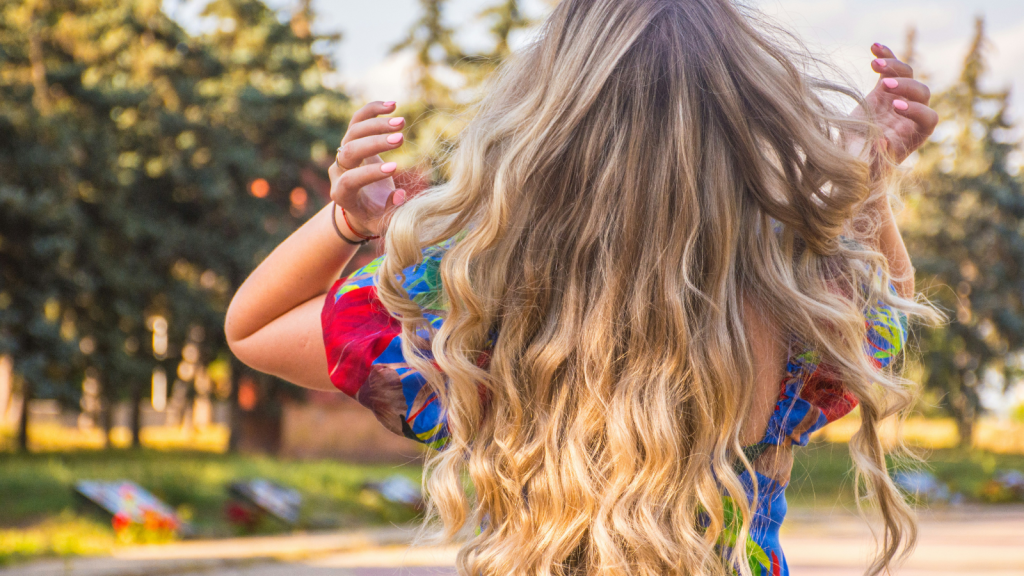
Hair can form ball-like clumps in pipes, trapping other debris and leading to blockages. Use a sink strainer to catch hair, and bin it rather than washing it down the drain. Regularly clean your sink strainer to maintain its effectiveness and prevent unpleasant odours.
Tea Leaves
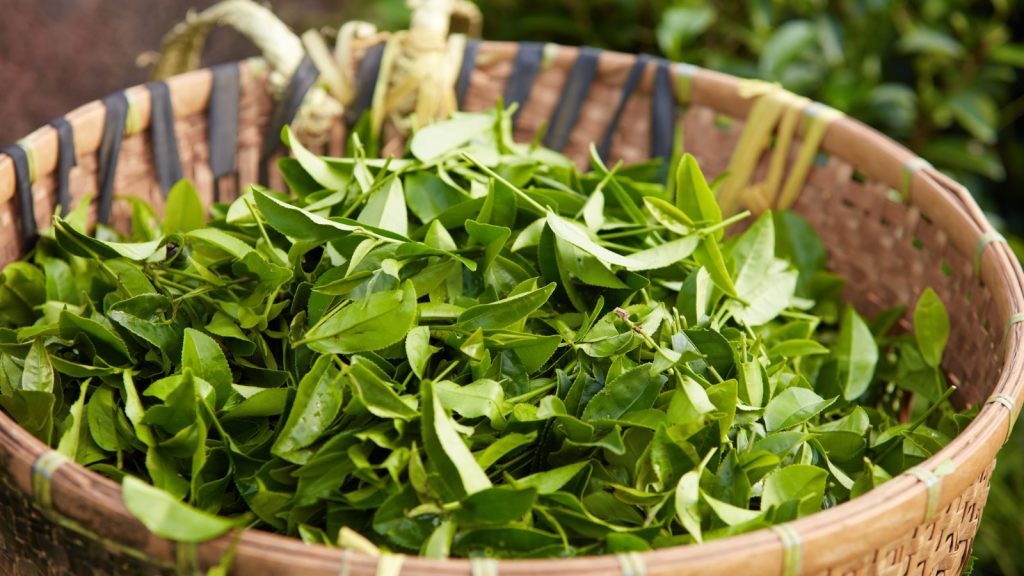
Like coffee grounds, tea leaves don’t break down in water and can accumulate in pipes. Compost used tea leaves or sprinkle them around plants as a natural fertiliser. You can also use cooled, used tea bags to soothe puffy eyes or minor burns.
Fruit Pits and Hard Seeds
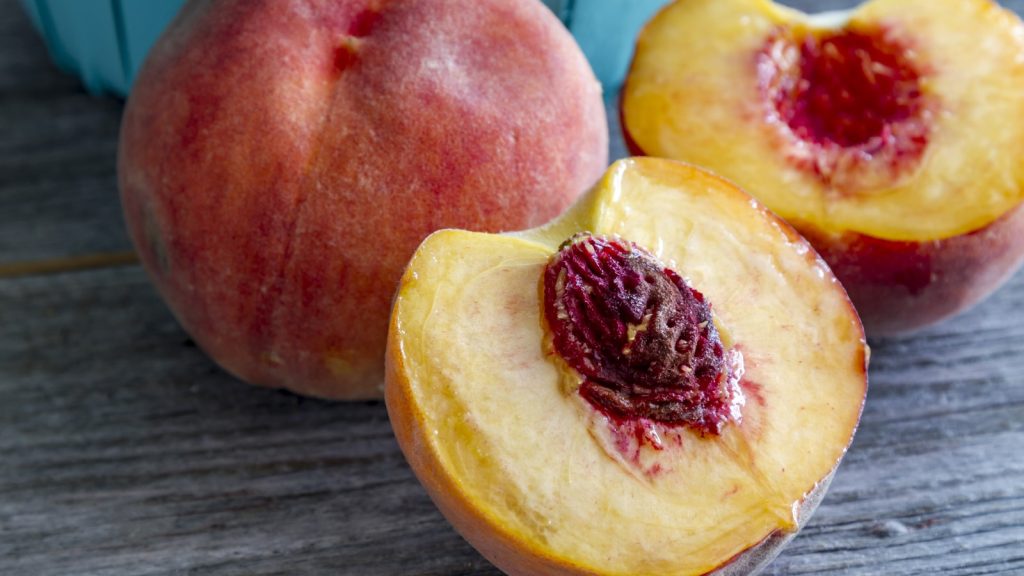
These can damage garbage disposal blades and clog pipes. Compost fruit pits and seeds or dispose of them in the bin. They can also be used in craft projects or as natural exfoliants. Some fruit pits, like those from avocados, can be cleaned and planted to grow your own fruit trees.
Gum
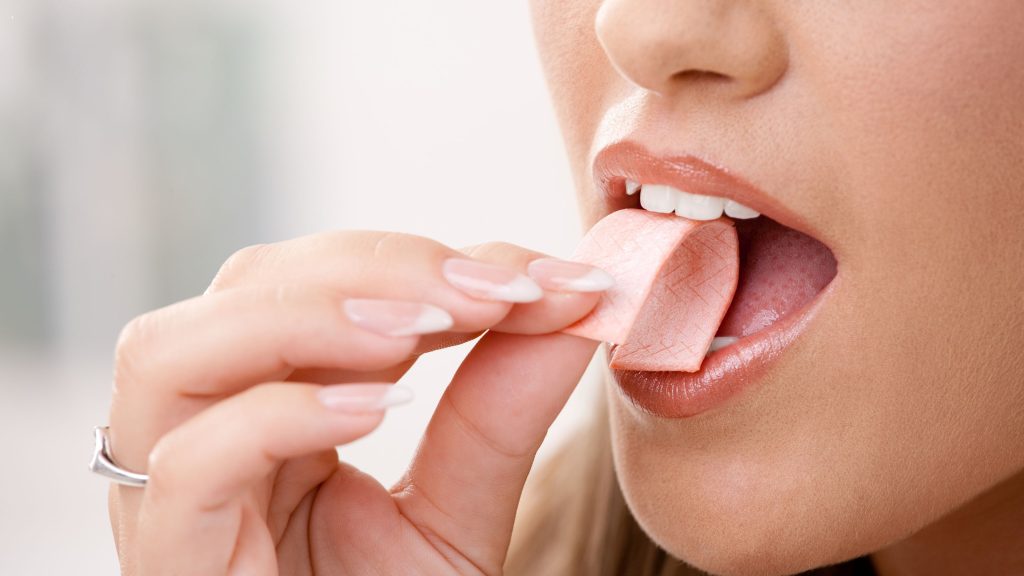
Chewing gum is designed to resist breaking down in your mouth, so it certainly won’t dissolve in your pipes. It can stick to the insides of pipes, catching other debris. Always bin used gum. If gum gets stuck on clothing or carpets, freeze it with ice cubes before scraping it off to avoid pushing it deeper into the fabric.
Paper Products
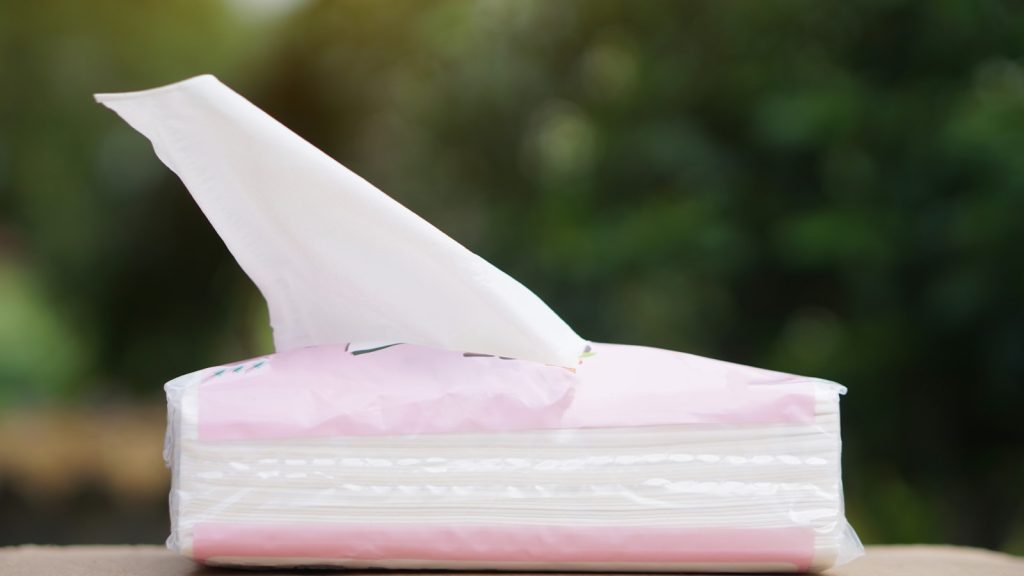
Paper towels, tissues, and napkins are designed to be absorbent and don’t break down like toilet paper. They can quickly cause blockages in your pipes. Always bin these items, never flush them or put them down the sink. Consider switching to reusable cloth napkins and towels to reduce waste and protect your plumbing.
Cat Litter
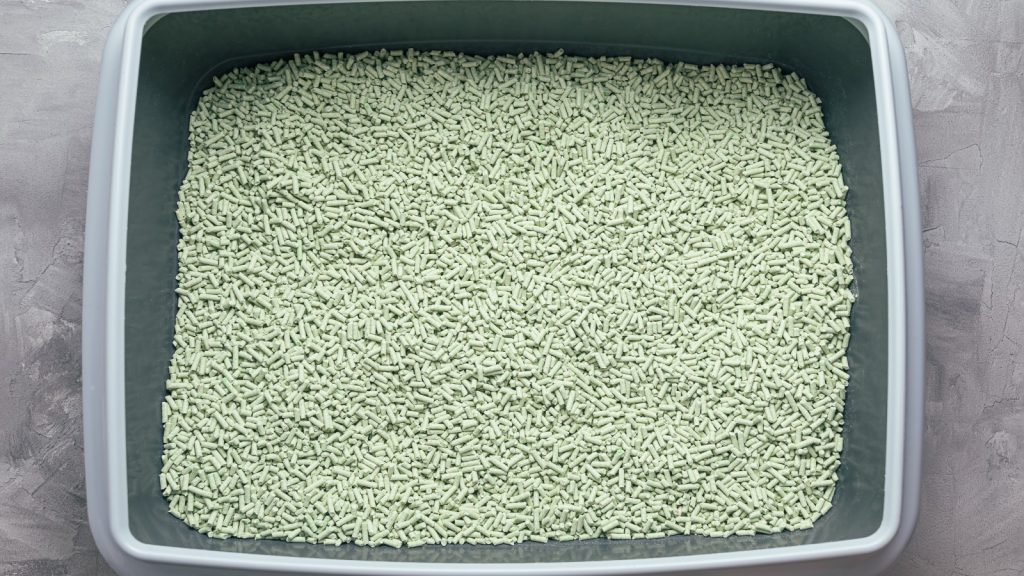
Even “flushable” cat litter can cause plumbing issues. It’s designed to clump when wet, which is exactly what you don’t want happening in your pipes. Always bag and bin used cat litter. Consider switching to biodegradable litter options made from materials like wood, corn, or newspaper for a more eco-friendly solution.
Stickers and Labels
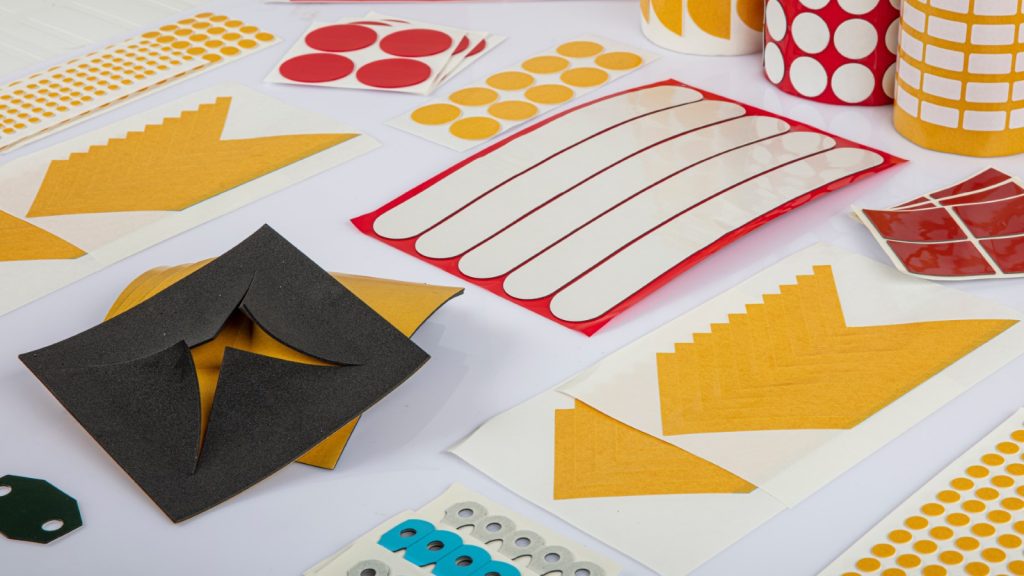
Like produce stickers, other adhesive labels don’t break down in water. They can stick to pipes and contribute to blockages. Remove and bin all stickers and labels before washing containers. For stubborn labels, soak the container in warm, soapy water to make removal easier, but make sure to catch and bin the loosened label.
Bones
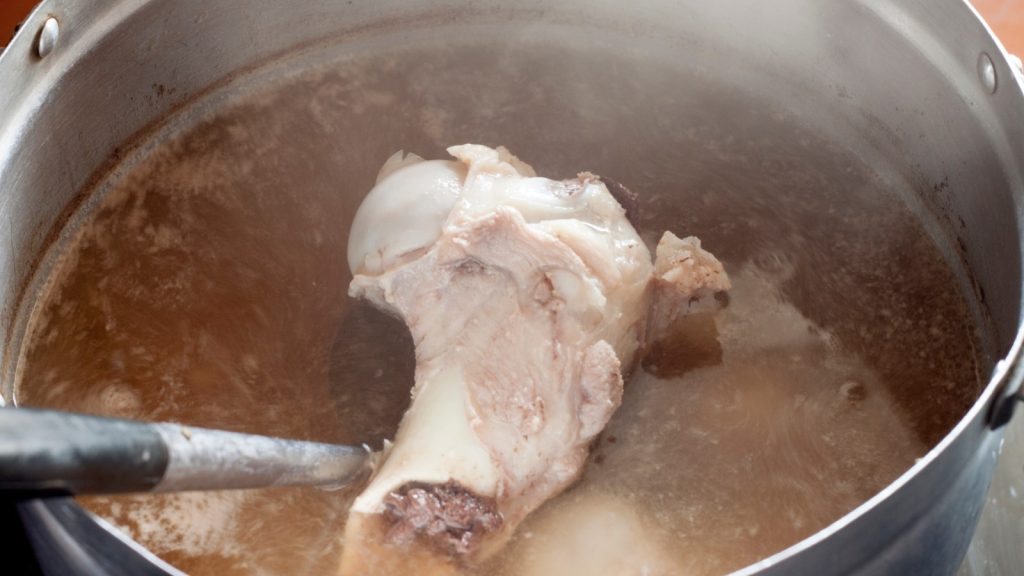
Bones can damage garbage disposal blades and get stuck in pipes. They’re also slow to break down. Compost small bones or dispose of them in the bin. Large bones can be used to make stock before being binned. If you frequently cook with bones, consider keeping a “stock bag” in your freezer to collect bones and vegetable scraps for making homemade broth.
Potato Peels
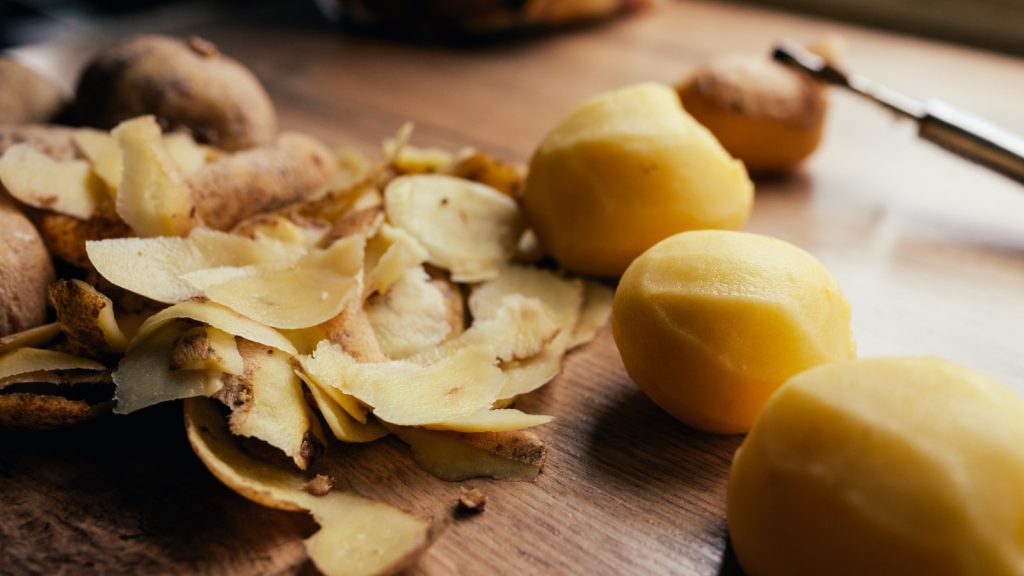
Potato peels contain starch that can form a paste-like substance in your pipes. They can also slip past the disposal, causing blockages further down the line. Compost potato peels or bin them. If you peel a lot of potatoes, save the peels to make crispy potato skin chips – a tasty way to reduce waste and protect your pipes.
Motor Oil and Other Automotive Fluids
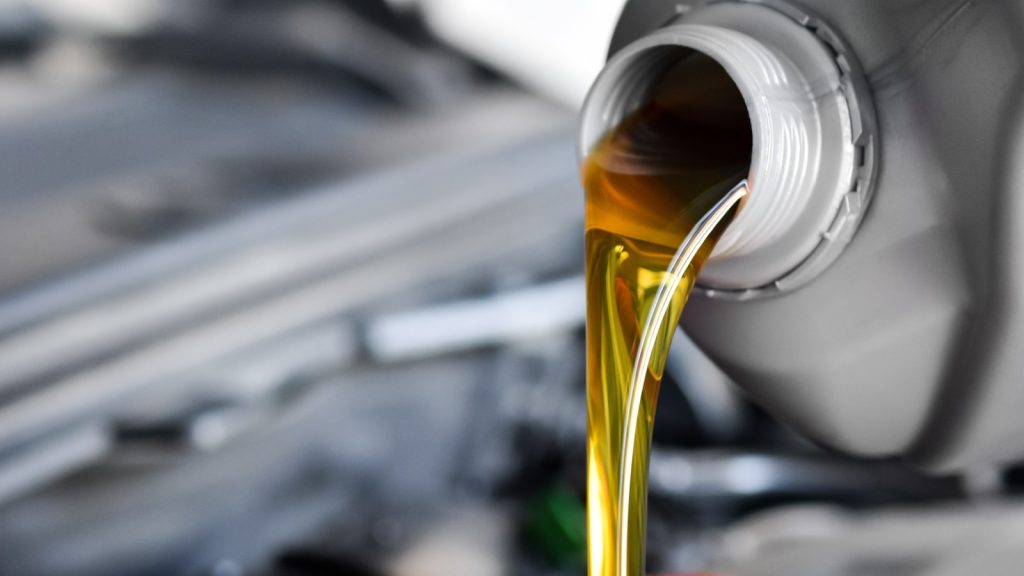
These substances are highly toxic and can contaminate water supplies. They can also damage your plumbing. Take used automotive fluids to a recycling centre or garage for proper disposal. Many auto parts stores also offer free oil recycling services, making it easy to dispose of these fluids responsibly.
Plastics
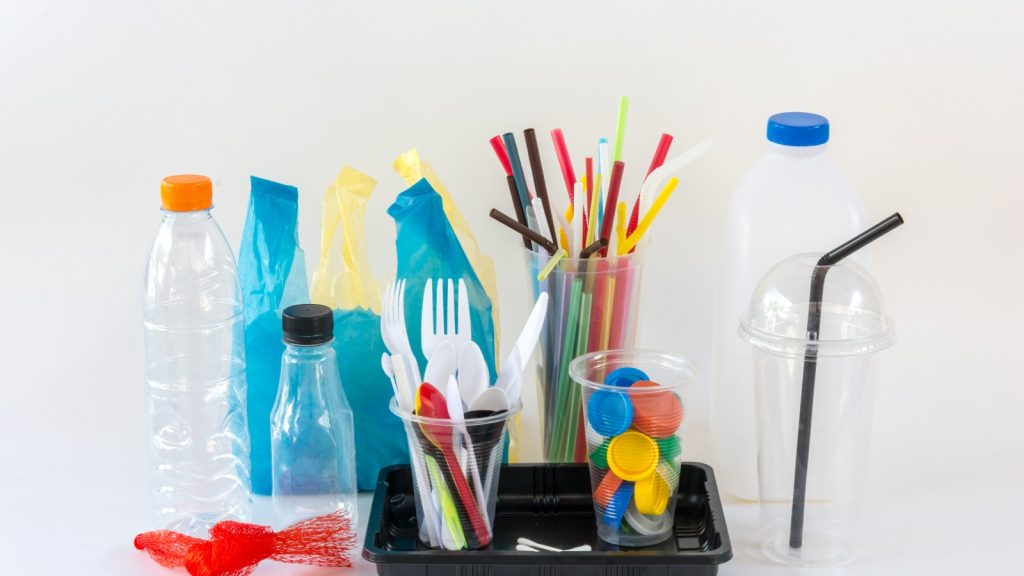
Even small pieces of plastic can cause issues in your plumbing and harm the environment. Never wash plastic items or packaging down the sink. Recycle what you can and bin the rest. Be particularly careful with microplastics from cosmetics or cleaning products – opt for products without plastic microbeads to prevent these tiny pollutants from entering the water system.
Butter and Dairy Products
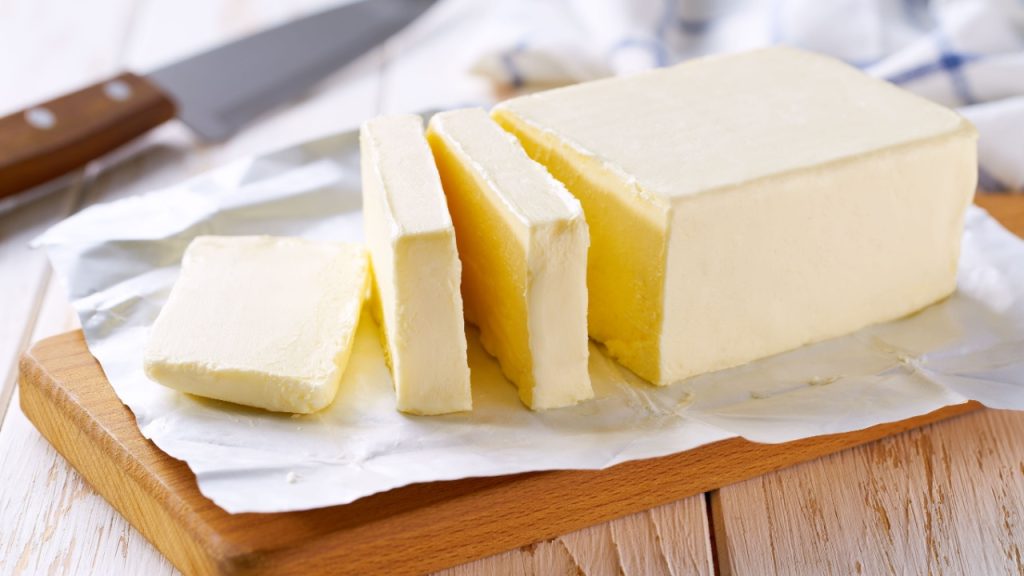
While it might be tempting to wash away excess butter, cream, or cheese, these dairy products can cause severe plumbing issues. When cold, dairy fats solidify in pipes much like cooking grease, forming blockages over time. Instead of rinsing dairy products down the drain, scrape off the remnants into the bin before washing dishes.
Citrus Peels
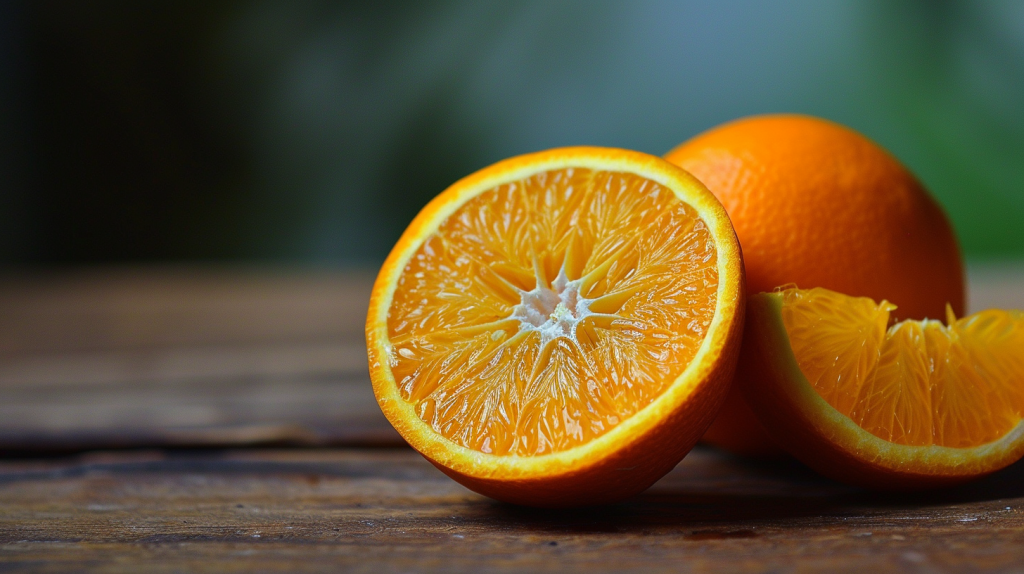
Although they smell fresh and might seem harmless, citrus peels can actually cause problems in your plumbing. Their tough, fibrous texture can get stuck in pipes or disposal systems, leading to clogs. Compost citrus peels or use them to make natural cleaning solutions by soaking them in vinegar instead.
18 Everyday Things Amish Women Aren’t Allowed to Do

The Amish culture is known for its simple way of life and adherence to traditional values. While this lifestyle may seem appealing to some, there are certain restrictions that Amish women face that most modern women do not. Take a look at these things that we take for granted that are off-limits to Amish women.
Read More: 18 Everyday Things Amish Women Aren’t Allowed to Do
I'm Danny, a home maintenance pro who loves to write about some of the weird, wacky, and downright dangerous things I've seen in all my years on the job. And I enjoy helping folks avoid making costly mistakes with simple home maintenance tips and hacks.


